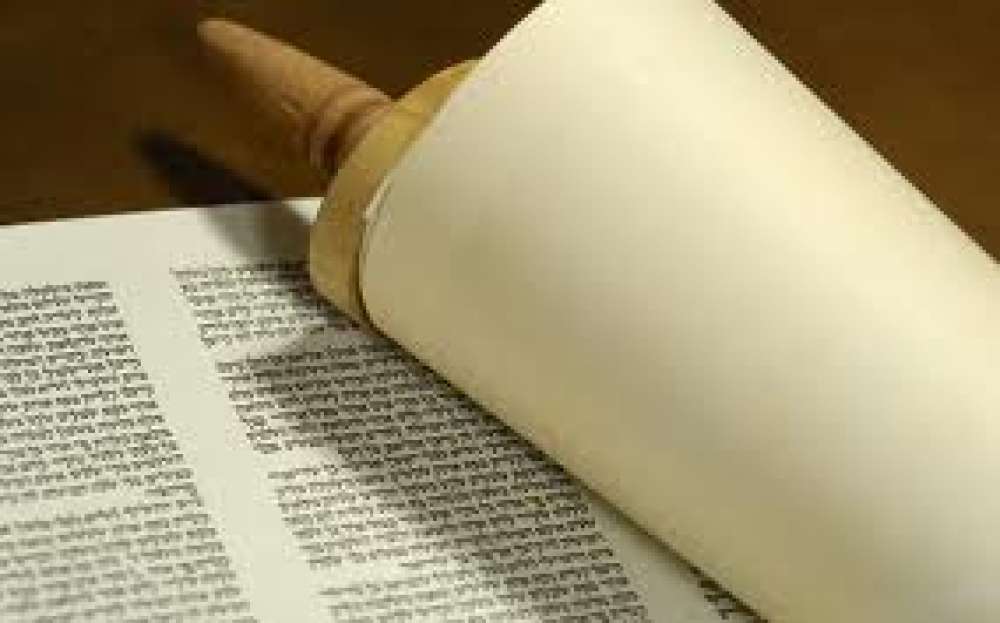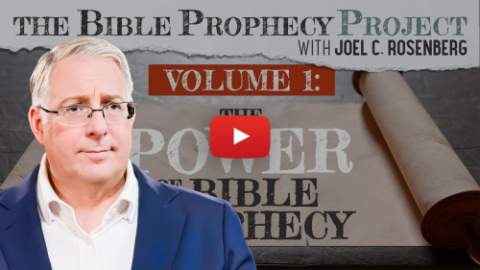
Yom Kippur – The Day of Atonement
This shall be a statute forever for you: In the seventh month, on the tenth day of the month, you shall afflict your souls, and do no work at all, whether a native of your own country or a stranger who dwells among you. For on that day the priest shall make atonement for you, to cleanse you that you may be clean from all your sins before the LORD. It is a Sabbath of solemn rest for you, and you shall afflict your souls. It is a statute forever. And the priest, who is anointed and consecrated to minister as priest in his father's place, shall make atonement, and put on the linen clothes, the holy garments; then he shall make atonement for the Holy Sanctuary, and he shall make atonement for the tabernacle of meeting and for the altar, and he shall make atonement for the priests and for all the people of the assembly. This shall be an everlasting statute for you, to make atonement for the children of Israel, for all their sins, once a year. And he did as the LORD commanded Moses. Leviticus 16:29 -34
Yom Kippur was, and is, the most solemn and important day in the Jewish calendar, beginning at sundown Tuesday, September 22 through Wednesday, September 23, 2015. Once a year on the Day of Atonement, the High Priest was permitted to enter the Holy of Holies in the Tabernacle to approach the Lord where His Spirit resided.
The High Priest went through a complex set of sacrifices to atone for his own sins and the sins of all the people. The High Priest was then able to enter the Holy of Holies to sprinkle blood on the Ark of the Covenant. Then the he would go outside, lift his hands, and pronounce the blessing on the people. This was the only time of the year that anyone would invoke the usually unutterable name of God.
In modern Israel, Yom Kippur is considered a solemn day with prohibitions against all forms of work and finds all businesses closed. The Jewish people spend the Day of Atonement in the synagogue, repenting, fasting, and praying – asking to be written in the Book of Life for one more year. Yom Kippur was not the only fast discussed within Judaism, but it was the only fast mandated in Scripture.
While the Old Covenant sacrifices were provisional and recurring, they could only cover man’s sin. For the Follower of Jesus Christ, the sacrifice through Jesus’ death and resurrection is eternal and totally sufficient. The moment one places his trust in the Messiah’s sacrifice upon the Cross, the sin question is settled forever. There is no longer a need for continual sacrifices; we are assured that we have life – not just for another year, but for eternity.
But He, because He continues forever, has an unchangeable priesthood. Therefore He is also able to save to the uttermost those who come to God through Him, since He always lives to make intercession for them. For such a High Priest was fitting for us, who is holy, harmless, undefiled, separate from sinners, and has become higher than the heavens; who does not need daily, as those high priests, to offer up sacrifices, first for His own sins and then for the people’s, for this He did once for all when He offered up Himself. Hebrews 7:24-27




